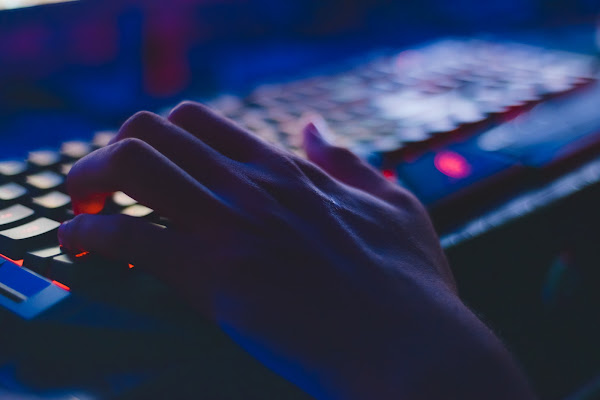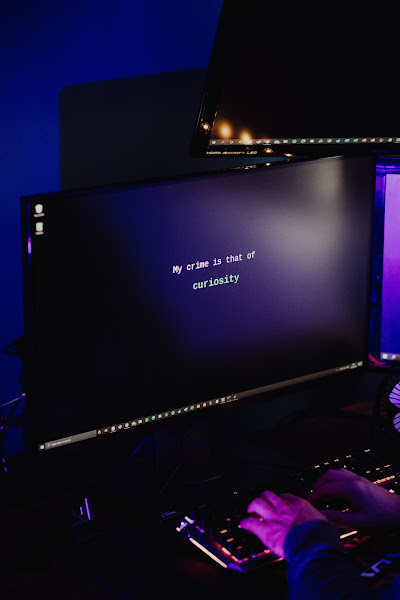Japanese e-commerce firm Askul Corporation has officially confirmed that a ransomware attack earlier this year led to the unauthorized access and theft of data belonging to nearly 740,000 individuals. The company made the disclosure after completing a detailed investigation into the cyber incident that occurred in October.
Askul operates a large-scale online platform that provides office supplies and logistics services to both corporate clients and individual consumers. The company is part of the Yahoo! Japan corporate group and plays a significant role in Japan’s business-to-business supply chain.
The cyberattack caused serious disruptions to Askul’s internal systems, resulting in an operational shutdown that forced the company to suspend product shipments. This disruption affected a wide range of customers, including major retail partners such as Muji.
Following the conclusion of its internal review, Askul clarified the categories of data that were compromised. According to the company, service-related records of approximately 590,000 business customers were accessed. Data connected to around 132,000 individual customers was also involved. In addition, information related to roughly 15,000 business partners, including outsourcing firms, agents, and suppliers, was exposed. The incident further affected personal data linked to about 2,700 executives and employees, including those from group companies.
Askul stated that it is deliberately limiting the disclosure of specific details related to the stolen data to reduce the risk of further exploitation. The company confirmed that affected customers and business partners will be informed directly through individual notifications.
Regulatory authorities have also been notified. Askul reported the data exposure to Japan’s Personal Information Protection Commission and has implemented long-term monitoring measures to identify and prevent any potential misuse of the compromised information.
System recovery remains ongoing. As of December 15, shipping operations had not fully returned to normal, and the company continues to work toward restoring all affected services.
Responsibility for the attack has been claimed by the ransomware group known as RansomHouse. The group publicly disclosed the breach at the end of October and later released portions of the stolen data in two separate leaks in November and December.
Askul shared limited technical findings regarding how the attackers gained access. The company believes the intrusion began through stolen login credentials associated with an administrator account belonging to an outsourced partner. This account did not have multi-factor authentication enabled, making it easier for attackers to exploit.
After entering the network, the attackers conducted internal reconnaissance, collected additional authentication information, and expanded their access to multiple servers. Askul reported that security defenses, including endpoint detection and response tools, were disabled during the attack. The company also noted that several ransomware variants were deployed, some of which bypassed existing detection mechanisms despite recent updates.
The attack resulted in both data encryption and widespread system failures. The ransomware was executed simultaneously across multiple servers, and backup files were deliberately erased to prevent rapid system recovery.
In response, Askul disconnected affected networks, restricted communication between data centers and logistics facilities, isolated compromised devices, and strengthened endpoint security controls. Multi-factor authentication has since been enforced across critical systems, and all administrator account passwords have been reset.
The financial consequences of the incident have not yet been determined. Askul has postponed its earnings report to allow additional time for a comprehensive assessment of the impact.



























